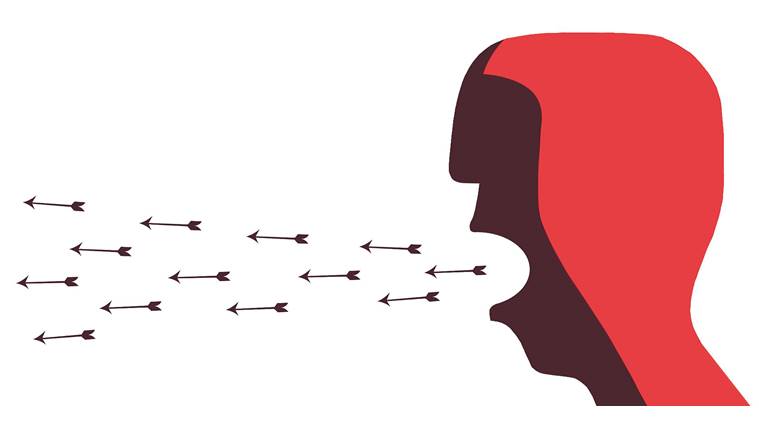
A legal opinion sought by the Centre on a Law Commission report on the British era sedition law (Section 124-A of the Indian Penal Code) has stated that “Section 124A sedition as interpreted by the Supreme Court is necessary”. In short, it is unlikely that the IPC section on sedition is diluted or scrapped.
In September 2016, the Supreme Court had reiterated that a larger bench had already provided necessary safeguards that should be followed by all authorities, and “every magistrate is bound by what we said in the Kedar Nath (case)”.
It was referring to the order in Kedar Nath Singh vs State of Bihar, 1962, in which a Constitution Bench had ruled in favour of the Constitutional validity of Section 124A, but had added a vital caveat: that a person could be prosecuted for sedition only if his acts caused “incitement to violence or intention or tendency to create public disorder or cause disturbance of public peace”.
In August last year, the Law Commission submitted a “consultation paper” to the Centre on the need for changes in the law, pointing out that even the United Kingdom abolished sedition laws ten years ago saying the country did not want to be quoted as an example of one using such draconian laws.
While a final decision on whether to dilute the law or not is yet to be made public, sources cited consultations with various stakeholders including state governments and said that the majority, including law enforcement agencies, have expressed the need to retain the law without changes.
Dilution unlikely, so checking its misuse key
Sources said the Union government conveyed to the states that Section 124A should not be misused to curb free speech. “It should be used as per Supreme Court guidelines in Kedar Nath vs State of Bihar,” an official said, adding that the government may go for an oversight mechanism to check its misuse. Another government official, quoting the 2018 Law Commission report , said “section 124A should be invoked only in cases where the intention behind any act is to disrupt public order or to overthrow the government with violence and illegal means”.
“While it is essential to protect national integrity, it should not be misused as a tool to curb free speech. Dissent and criticism are essential ingredients of a robust public debate on policy issues as part of vibrant democracy,” the Law Commission had observed in its report.
Citing the 1962 judgment on Kedar Nath Singh vs State of Bihar, the official said the Supreme Court had also upheld the constitutional validity of Section 124A because “the continued existence of the government established by law is an essential condition of the stability of the State”. The government came under criticism for the rampant use of the law, particularly after a sedition FIR was registered against students of JNU following a protest in 2016.